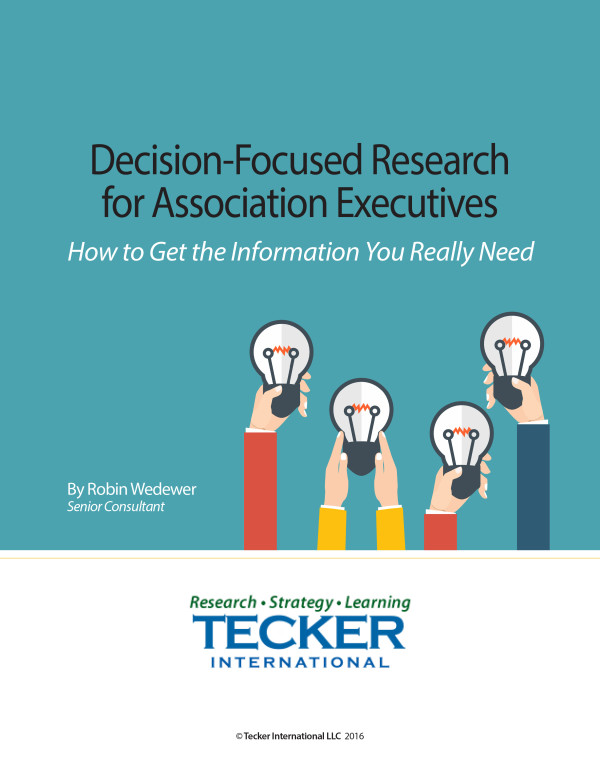Recently, a client asked if, in the interest of transparency, they should publish their board meeting minutes. It’s been our experience that most associations do not make board meeting minutes widely available, but do provide a summary of important actions. While it may appear to be more transparent to just put the minutes out there, there is no legal obligation to do so. In fact, there are some risks. Minutes are not prepared for a general readership and sometimes contain only motions and their disposition. There is an art to writing what discussions did or did not take place. There are judgment calls about whether or not reference should be made to background papers. If the minutes state “see attached,” those attachments become part of the minutes.
Trust and transparency are not synonymous. There are times when the board should not be completely transparent as it may violate terms of trust between the board and its obligations to the membership. For instance, public dissemination of the minutes could divulge information about new initiatives to a competitor, expose sensitive personnel information or even give a bad impression of board behavior when they need to practice self-discipline or discuss real or perceived conflict of interest issues.
Transparency is the ability to look in and see what’s going on. There are times the members shouldn’t look in. Minutes need to be written to reflect the board is properly exercising its fiduciary responsibilities of duty of care, duty of obedience and duty of loyalty. Minutes are a summary of the board’s decisions, made at a specific moment in time. When everything is humming along just fine, it would seem like a good practice to routinely post minutes on the website. But, when you run into situations where everything should not be public, there is an obligation to edit the minutes or hold portions of the board meeting in executive session and the association can actually raise more questions about what’s going on than intended. These versions of what happened at the board meetings are then not the minutes, but a poorly written summary of actions.
Having read literally hundreds of meeting minutes, I will also offer that most of them are not written in a form to facilitate understanding or clarity about the issues with which the board is dealing. Leadership would do better to offer some assistance in helping members understand not only what decisions were made, but why the board made them.
As a Professional Registered Parliamentarian (PRP), I can offer some general advice from a parliamentary standpoint. Robert’s Rules of Order Newly Revised (11th ed.), p. 487 states, “A record of the board’s proceedings should be kept by the secretary, just as in any other assembly; these minutes are accessible only to the members of the board unless the board grants permission to a member of the society to inspect them, or unless the society by a two-thirds vote (or the vote of a majority of the total membership, or a majority vote if previous notice is given) orders the board’s minutes to be produced and read to the society’s assembly.” In plain English, the minutes of any group belong to the members of that group and if the association wants to make board meeting minutes available to those outside the board, such minutes should be approved and then a motion adopted by a 2/3 vote to post them on the website.
Organizations could adopt a standing rule that after approval, the minutes be routinely posted, but I would definitely check with legal counsel before deciding to do that. Most associations would never make un-audited financial statements available on their website. An audit and its accompanying notes is a more accurate portrayal of what went on and lends understanding to the reader. The same rationale can be proffered for minutes. A well-written summary of actions reflects more positively on leadership decisions and offers a better opportunity to engage members.
Read Similar Blog Posts
Read more posts about Operations

